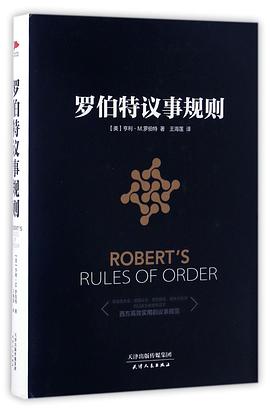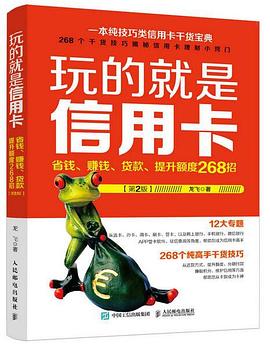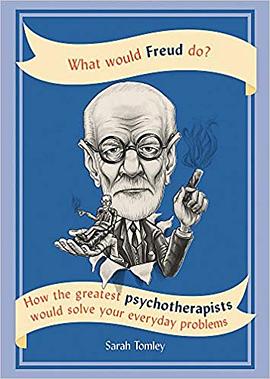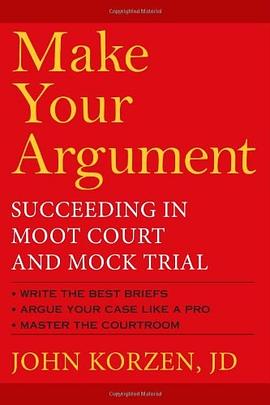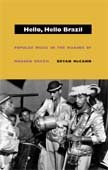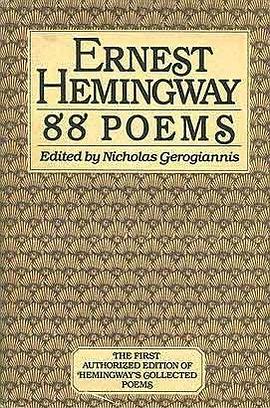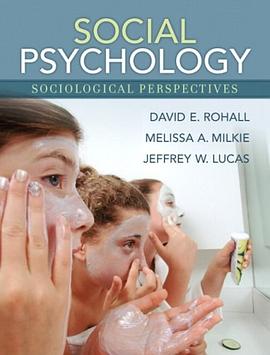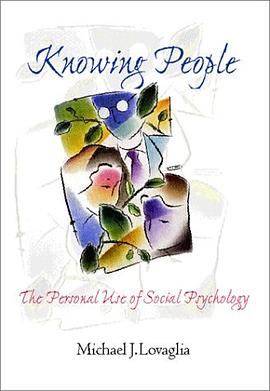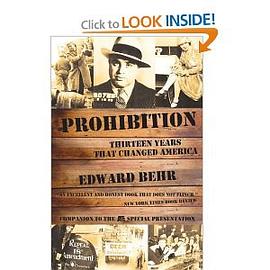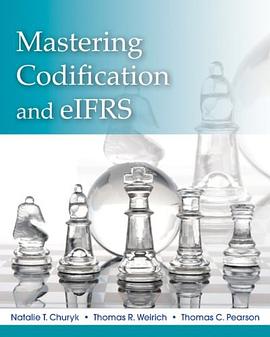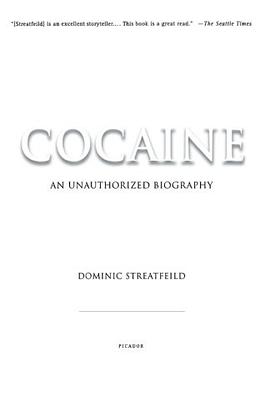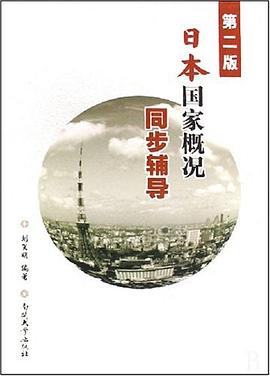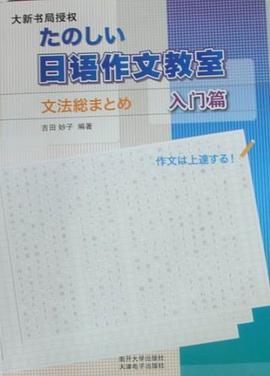

An informed and excoriating attack on the tragic waste, futility, and hubris of the West's efforts to date to improve the lot of the so-called developing world, with constructive suggestions on how to move forward.
William Easterly's The White Man's Burden is about what its author calls the twin tragedies of global poverty. The first, of course, is that so many are seemingly fated to live horribly stunted, miserable lives and die such early deaths. The second is that after fifty years and more than $2.3 trillion in aid from the West to address the first tragedy, it has shockingly little to show for it. We'll never solve the first tragedy, Easterly argues, unless we figure out the second.
The ironies are many: We preach a gospel of freedom and individual accountability, yet we intrude in the inner workings of other countries through bloated aid bureaucracies like the International Monetary Fund (IMF) and World Bank that are accountable to no one for the effects of their prescriptions. We take credit for the economic success stories of the last fifty years, like South Korea and Taiwan, when in fact we deserve very little. However, we reject all accountability for pouring more than half a trillion dollars into Africa and other regions and trying one "big new idea" after another, to no avail. Most of the places in which we've meddled are in fact no better off or are even worse off than they were before. Could it be that we don't know as much as we think we do about the magic spells that will open the door to the road to wealth?
Absolutely, William Easterly thunders in this angry, irreverent, and important book. He contrasts two approaches: (1) the ineffective planners' approach to development-never able to marshal enough knowledge or motivation to get the overambitious plans implemented to attain the plan's arbitrary targets and (2) a more constructive searchers' approach-always on the lookout for piecemeal improvements to poor peoples' well-being, with a system to get more aid resources to those who find things that work. Once we shift power and money from planners to searchers, there's much we can do that's focused and pragmatic to improve the lot of millions, such as public health, sanitation, education, roads, and nutrition initiatives. We need to face our own history of ineptitude and learn our lessons, especially at a time when the question of our ability to "build democracy," to transplant the institutions of our civil society into foreign soil so that they take root, has become one of the most pressing we face.
具體描述
讀後感
现在在英国上学。看到了稻草人在这本书下的评论,有感而发。 稻草人的“阴谋论”虽然有点浓,但确实是关于援助一种批判思想。我说的不是中国学界,而是西方学界自己认为的。类似观点还有《援助的死亡》,最近比较火的。认为由于机构本身存在维持自己生存的动因,援助国援助也是...
評分褒奖市场经济的问题在于,它忽略了由下至上的调查,而正是它们才是市场得以良好运转的必要条件。很重要的一点是,社会体制和规范必须要防止市场参与者进行“机会主义行为”,更一般地说是“欺诈行为”。市场经济中“看不见的手”使参与者打着社会利益的幌子褒奖个人,唯有利用...
評分这本书的翻译是场灾难,以至于我脑子里竟然蹦出来“诘屈聱牙”这个我十年没用过的成语。 “亚的斯亚贝巴的城市市场上非洲最大的露天市场。这里不缺市场。我到该市场去给孩子们买手工艺品。” 这种翻译灾难现场处处可见,我几乎看到一个高中生英语水平的译者拿着一手稿子一手词...
評分现在在英国上学。看到了稻草人在这本书下的评论,有感而发。 稻草人的“阴谋论”虽然有点浓,但确实是关于援助一种批判思想。我说的不是中国学界,而是西方学界自己认为的。类似观点还有《援助的死亡》,最近比较火的。认为由于机构本身存在维持自己生存的动因,援助国援助也是...
評分本书的作者详细的记述了白人的西方富裕国家对有色人种的贫穷国家的援助,从几个方面分析了成功与失败的原因,包括外国的援助的大计划和低效率、接受国的政局动荡和腐败横行、国际组织的好大喜功和后殖民主义的伪善野蛮等等…… 作者把援助失败和成功的主要原因归结为计划者和调...
用戶評價
當年的Lecturer是Racist或Bigot
评分之前看瞭幾部影片(《血鑽》《戰爭之王》《盧旺達飯店》)順藤摸瓜找到這本書,和預想的差不多,不過不能隻談市場低估甚至忽略政治,否則你無法解釋波士頓人為什麼非常樂意去非洲死媽
评分bottom-to-up model is not suitable to developing country...i agree with seven wisdom or seven pillars of western world!
评分以發展經濟學的理論框架與案例化的論證結構在批判“aid ends poverty”神話的基礎上,轉而建構以feedback與accountability為標尺的研究者視角,從而將自由市場與民主政體/政治自由作為援助實現其效用的製度保證,並由此指嚮Easterly的進路——漸進的、碎片化的、自發的/自下而上的改革。政治嘉奬式的援助將資金導流“溫馴”於西方的政府(而非真正能使援助發揮作用的),官僚體係與赤貧階級的失語使feedback體係喪失功用、IMF高壓且自負的烏托邦想象與lack of accountability彼此錯位——於是得以為當代西方援助的失效提供一種解釋的進路,神學惡魔悖論的當代版本:盡管援助或許齣於西方善意、或許著力解決窮人的問題,但最終帶來的是一係列防護成本高昂的不利結果。
评分以發展經濟學的理論框架與案例化的論證結構在批判“aid ends poverty”神話的基礎上,轉而建構以feedback與accountability為標尺的研究者視角,從而將自由市場與民主政體/政治自由作為援助實現其效用的製度保證,並由此指嚮Easterly的進路——漸進的、碎片化的、自發的/自下而上的改革。政治嘉奬式的援助將資金導流“溫馴”於西方的政府(而非真正能使援助發揮作用的),官僚體係與赤貧階級的失語使feedback體係喪失功用、IMF高壓且自負的烏托邦想象與lack of accountability彼此錯位——於是得以為當代西方援助的失效提供一種解釋的進路,神學惡魔悖論的當代版本:盡管援助或許齣於西方善意、或許著力解決窮人的問題,但最終帶來的是一係列防護成本高昂的不利結果。
相關圖書
本站所有內容均為互聯網搜索引擎提供的公開搜索信息,本站不存儲任何數據與內容,任何內容與數據均與本站無關,如有需要請聯繫相關搜索引擎包括但不限於百度,google,bing,sogou 等
© 2025 qciss.net All Rights Reserved. 小哈圖書下載中心 版权所有


